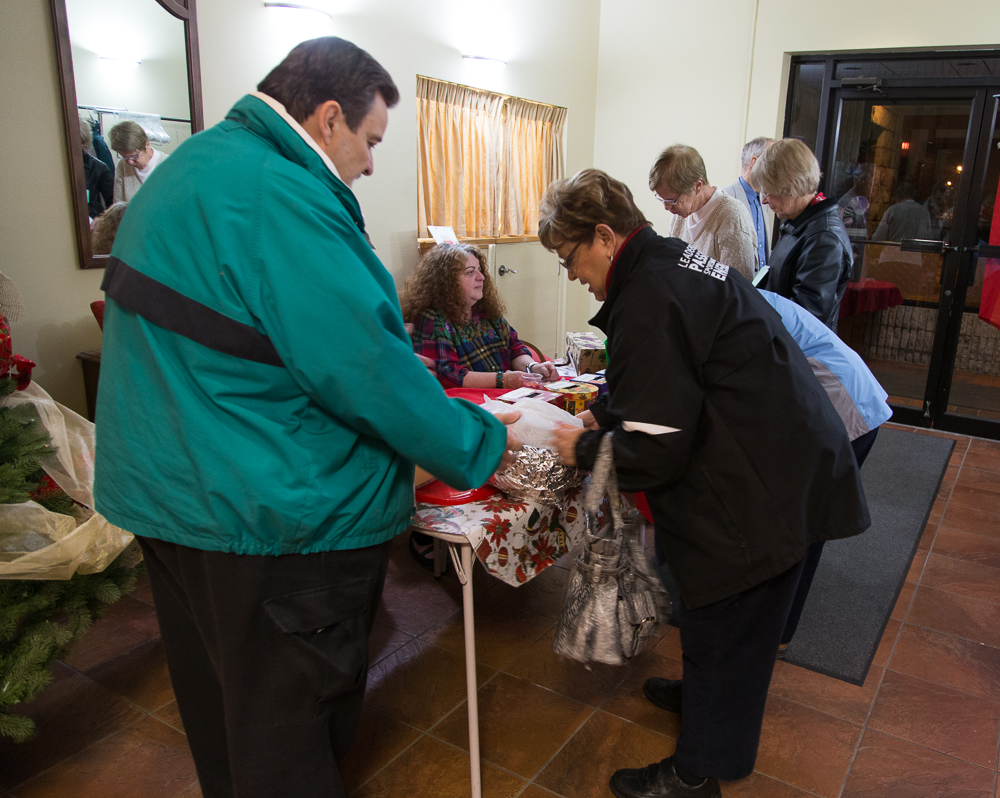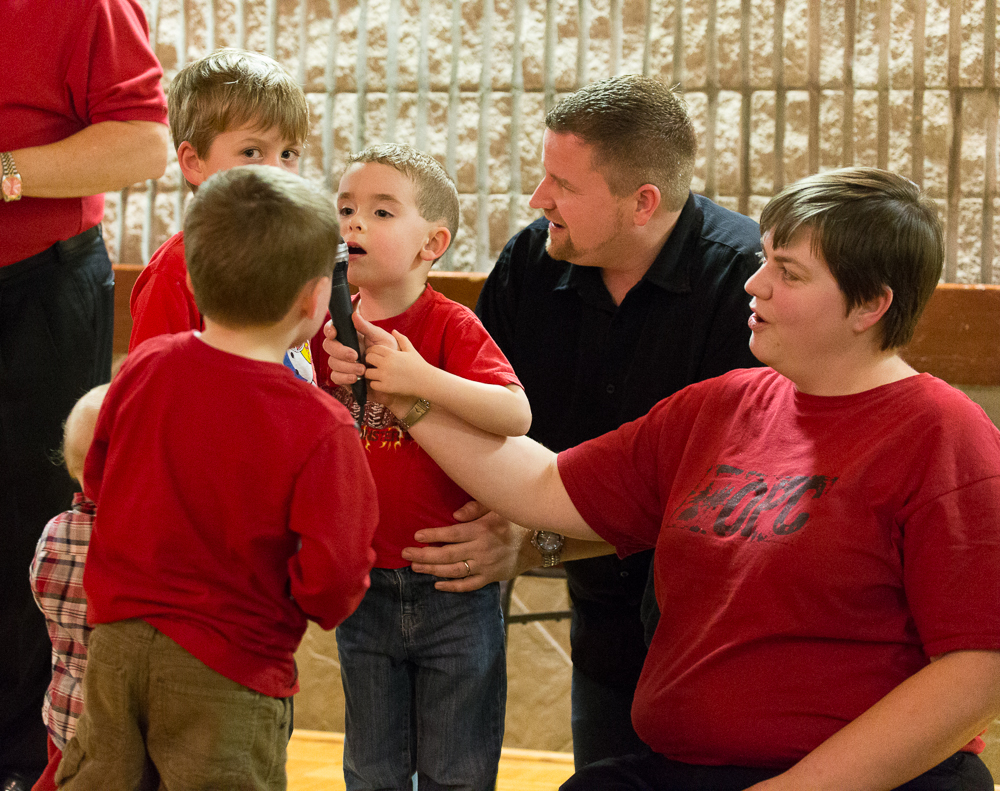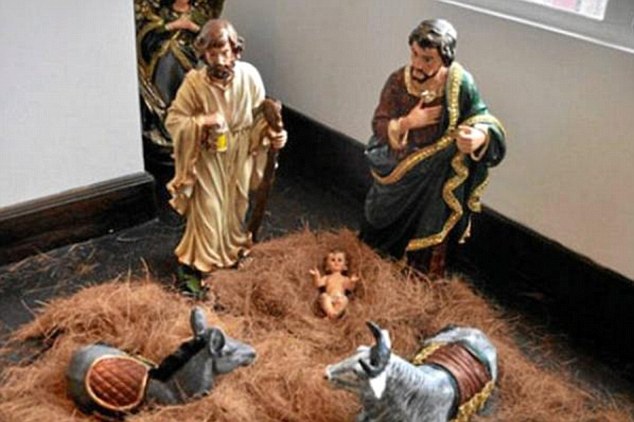One of our friends has a grandchild who attends Sandy Hook Elementary School. She was not physically harmed; the horror of Sandy Hook is difficult enough to contemplate without it being brought into stark relief through personal involvement. This is what our friend wrote:
This is to let you know that all is well but we must go on praying for all the community there. They are truly suffering.
A few days before this horrible tragedy took place, our daughter in law (Nancy) went to see one of the mothers with whom she had become friendly while they were both living in the same Apt. house. Both their husbands work for the same company. She told Nancy how good it felt to have finally moved and settled into their new home….. A few days later their 6 year old daughter came to such a tragic end wearing Katherine’s old clothes Nancy had brought over for her a just a few days ago.
Katherine’s class was in a dark room for 2 1/2 hours before they could be sent home.
Katherine’s father spent some hours at the airport watching this all on TV and only got a message that there was shooting at a school in Newtown Hartford. They gave them no more information. But thank God they are all home safe now.
No understanding of what happened at Sandy Hook is possible without acknowledging the existence of evil: personal evil, an evil that lurks in the heart of every man. What took place at Sandy Hook Elementary school was an act of undiluted personal evil. Whether the murderer was mentally ill, whether he should not have had access to guns or whether the principal should have had access to a gun – none of these can alter the tangible reality of the evil that was on display.
While the parents of the murdered children should, eventually – for their own sakes – forgive the murderer, it is right for the rest of us, for Christians, to hate the evil; it is even commanded. It is right to want justice – God’s justice. It is right that there should be a hell where God’s perfect justice will be satisfied. It is ironic that the mainline denominations that are obsessed with justice have, for the most part, ceased to believe in hell, one of the only two places where perfect justice will be found; the other is on the cross.
The suffering of the innocent was something that Dostoevsky dealt with in the famous Grand Inquisitor passage in Brothers Karamazov. I have to admit that, even re-reading it as a Christian, I find Ivan the atheist’s argument against a God who makes the suffering of children a necessary part of his creation – compelling.
David Bentley Hart attempts to address the problem in his article: Tsunami and Theodicy:
Famously, Dostoevsky supplied Ivan with true accounts of children tortured and murdered: Turks tearing babies from their mothers’ wombs, impaling infants on bayonets, firing pistols into their mouths; parents savagely flogging their children; a five-year- old-girl tortured by her mother and father, her mouth filled with excrement, locked at night in an outhouse, weeping her supplications to “dear kind God” in the darkness; an eight-year-old serf child torn to pieces by his master’s dogs for a small accidental transgression.
But what makes Ivan’s argument so disturbing is not that he accuses God of failing to save the innocent; rather, he rejects salvation itself, insofar as he understands it, and on moral grounds. He grants that one day there may be an eternal harmony established, one that we will discover somehow necessitated the suffering of children, and perhaps mothers will forgive the murderers of their babies, and all will praise God’s justice; but Ivan wants neither harmony—“for love of man I reject it,” “it is not worth the tears of that one tortured child”—nor forgiveness; and so, not denying there is a God, he simply chooses to return his ticket of entrance to God’s Kingdom. After all, Ivan asks, if you could bring about a universal and final beatitude for all beings by torturing one small child to death, would you think the price acceptable? . . .
I do not believe we Christians are obliged—or even allowed—to look upon the devastation visited upon the coasts of the Indian Ocean and to console ourselves with vacuous cant about the mysterious course taken by God’s goodness in this world, or to assure others that some ultimate meaning or purpose resides in so much misery. Ours is, after all, a religion of salvation; our faith is in a God who has come to rescue His creation from the absurdity of sin and the emptiness of death, and so we are permitted to hate these things with a perfect hatred. For while Christ takes the suffering of his creatures up into his own, it is not because he or they had need of suffering, but because he would not abandon his creatures to the grave. And while we know that the victory over evil and death has been won, we know also that it is a victory yet to come, and that creation therefore, as Paul says, groans in expectation of the glory that will one day be revealed. Until then, the world remains a place of struggle between light and darkness, truth and falsehood, life and death; and, in such a world, our portion is charity.
As for comfort, when we seek it, I can imagine none greater than the happy knowledge that when I see the death of a child I do not see the face of God, but the face of His enemy. It is not a faith that would necessarily satisfy Ivan Karamazov, but neither is it one that his arguments can defeat: for it has set us free from optimism, and taught us hope instead. We can rejoice that we are saved not through the immanent mechanisms of history and nature, but by grace; that God will not unite all of history’s many strands in one great synthesis, but will judge much of history false and damnable; that He will not simply reveal the sublime logic of fallen nature, but will strike off the fetters in which creation languishes; and that, rather than showing us how the tears of a small girl suffering in the dark were necessary for the building of the Kingdom, He will instead raise her up and wipe away all tears from her eyes—and there shall be no more death, nor sorrow, nor crying, nor any more pain, for the former things will have passed away, and He that sits upon the throne will say, “Behold, I make all things new.”
h/t First Thoughts for the David Bentley Hart quote.







 The Virgin Birth stretches the imagination of
The Virgin Birth stretches the imagination of